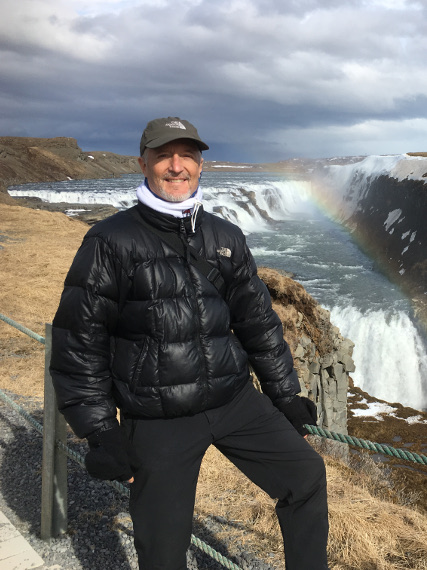CONTRIBUTION
Fernando Valladares (Mar de Plata, Argentina, 1965) is described by the jury as a leader in science communication in Spain, and an example of how “a researcher with a world-class scientific career can leave the laboratory to communicate knowledge to the wider society in such an all-important area as the environment.”
Holder of a PhD in Biological Sciences from the Universidad Complutense de Madrid, Valladares is today a research professor with the Spanish National Research Council (CSIC), heading the Ecology and Global Change group at the Museum of Natural Sciences, and a lecturer at the Universidad Rey Juan Carlos. His research has focused on the impacts of global change on terrestrial ecosystems and mechanisms of tolerance and resilience to extreme environmental conditions. However, beyond his scientific contributions, Valladares has for two decades now devoted much of his energies to disseminating knowledge. An endeavor which, the jury says, “stresses the need, indeed the duty to transmit the scientific evidence on the climate crisis and loss of biodiversity to society at large.”
A regular contributor to mainstream media, where he comments on the latest developments in the climate crisis, biodiversity loss and other environmental news, he is also an active communicator on social media, posting daily updates via his Youtube, Twitter, Instagram and Facebook channels, as well as running the ‘Ciencia Critica’ section of digital newspaper eldiario.es and publishing thought pieces on environment issues in media like The Conversation-España.
He began giving talks on the environment at the start of his career in science, but the turning point came when he turned his research attention to the impact of climate change on vegetation. “I had to keep up with the latest knowledge about climate change and then, before I knew it, I was delivering lectures aimed at the general public: in cultural centers, conference rooms, schools… ”
The definitive boost to his career as a communicator came at the end of 2018. “There was an international call for scientists to raise their voices, and I felt it was important to talk about climate change beyond what the IPCC reports were saying,” he recalls. “So I started to get involved in outreach through my social media, and in 2019 opened my own YouTube channel, The Health of Humanity, to explore the connections between people’s health and the health of the environment.”
Then came the public health emergency caused by the COVID-19 pandemic. And Valladares was moved to post a video on the origin of the virus, which caused a considerable stir on social networks. “I pointed out that it was not a question of bad luck, but more like an accident waiting to happen. In fact, the UN had been warning for years about the risk of a pandemic.”
Precisely one outcome of the pandemic has been an increased interest in scientific matters, and Valladares has taken pains in his outreach work to stress the linkage between biodiversity loss and the likelihood of new viruses of zoonotic origin (from other species) making the leap to the human population. “The pandemic,” he notes, “has taught us how vulnerable we are.”
One of the main stories going forward, he believes, will be the connection between economic, ecological and societal issues. “What kind of world do we want? Which direction do we want to go in? This debate about our model of society and an economic model that has unsustainable impacts is nothing new, but it is becoming more and more urgent.”
For the researcher, part of his success as a communicator owes to his ability to make the complex seem simple. “I like to do this exercise of conveying very complex things in the smallest possible number of very simple words, using language that is scientific but at the same time understandable. Every week I try to condense a scientific article, then explain it without straying from the truth, but locating it in everyday life and appealing to the emotions.”
“My ultimate goal is to help bring about a critical society with a bit of a scientific mindset, which looks for the truth behind each piece of news that comes along.”
MORE
Fernando Valladares
